Summary
Jack Phillips is a cake artist and the owner of Masterpiece Cakeshop, where he designs custom cakes that celebrate some of life’s most important events. In 2012, two men requested that Jack create a custom wedding cake celebrating their same-sex wedding. Like many artists, Jack serves all people, but he cannot express messages or celebrate events that violate his core beliefs. So, Jack politely declined the request, saying that while he could not design cakes celebrating same-sex weddings, he would design custom cakes that express other messages or sell the men anything else in his shop.
Soon after, Jack was targeted and punished by the Colorado Civil Rights Commission for declining to create this cake due to his religious beliefs. ADF represented Jack at the Supreme Court, arguing that the government cannot compel artists to celebrate events or express ideas that they disagree with.
The Court ruled 7-2 in Jack’s favor, finding that Colorado was wrong to punish Jack for peacefully living out his beliefs in the marketplace. In its decision, the Court cited the Commission’s double standard toward Jack and overt hostility toward his religious beliefs. Government hostility toward people of faith has no place in our society, and no one should be forced to create or speak messages that violate their beliefs. Free speech is for everyone—including those the government disagrees with.
Case timeline
- July 2012: Two men came into Masterpiece Cakeshop to request a custom cake to celebrate a same-sex wedding. Jack Phillips politely declined, explaining that while he would create other cakes for them or sell them anything in his shop, he could not design cakes for same-sex weddings. It was about the cake’s message, not the people asking for it.
- September 2012: A complaint was filed with the Colorado Civil Rights Division accusing Jack of discriminating on the basis of sexual orientation.
- December 2013: An administrative judge ruled against Jack. ADF appealed the ruling, but in May 2014, the Colorado Civil Rights Commission’s order was finalized.
- July 2014: ADF appealed the Commission’s ruling to the Colorado Court of Appeals.
- August 2015: The Colorado Court of Appeals ruled against Jack. That October, ADF appealed to the Colorado Supreme Court.
- April 2016: The Colorado Supreme Court declined to take Jack’s case.
- July 2016: ADF petitioned the U.S. Supreme Court to take up the Masterpiece case.
- June 2017: The Supreme Court agreed to hear Jack’s case.
- December 2017: ADF General Counsel Kristen Waggoner represented Jack during oral arguments at the Supreme Court.
- June 2018: The Supreme Court ruled 7-2 in Jack’s favor.

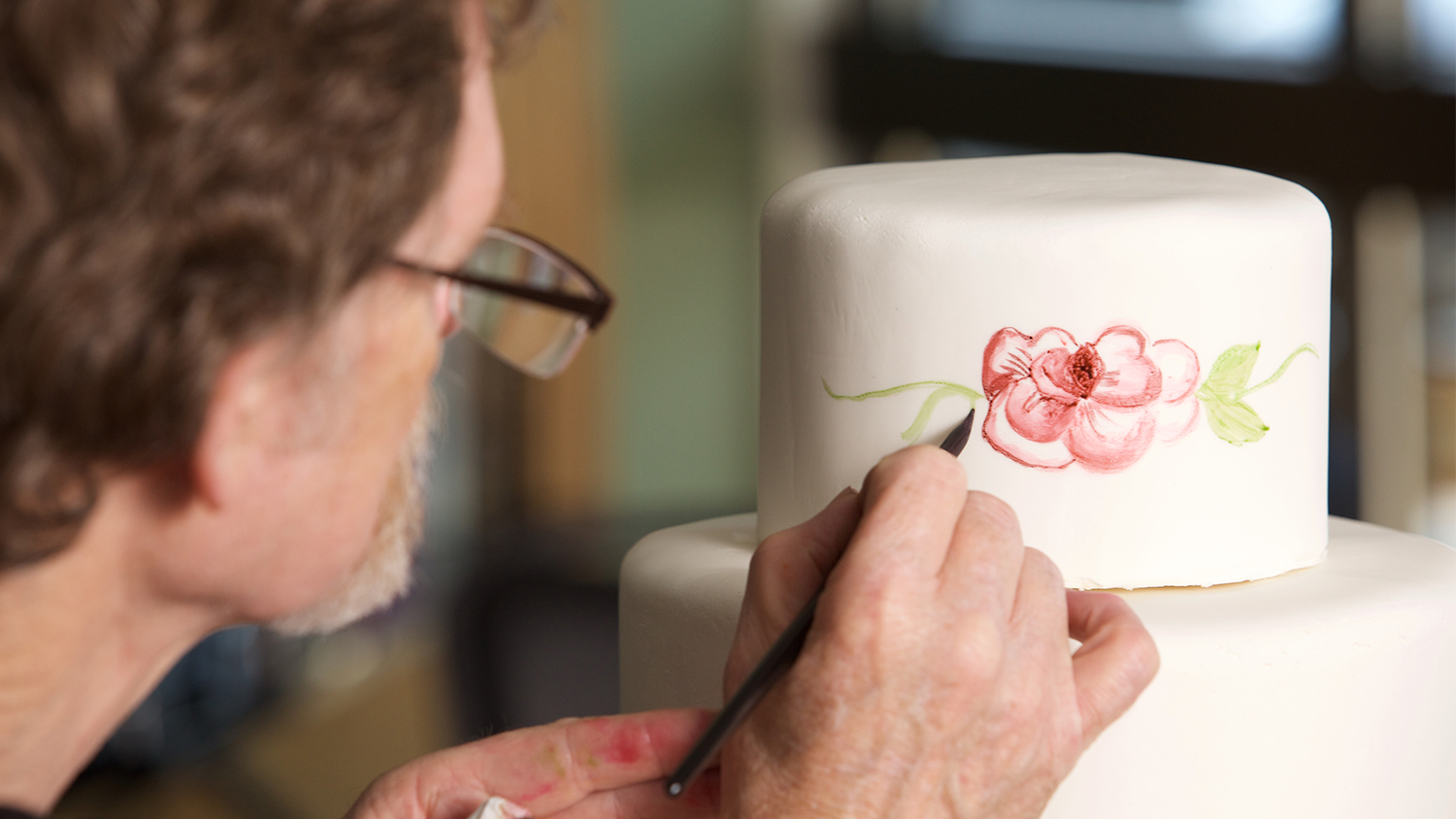
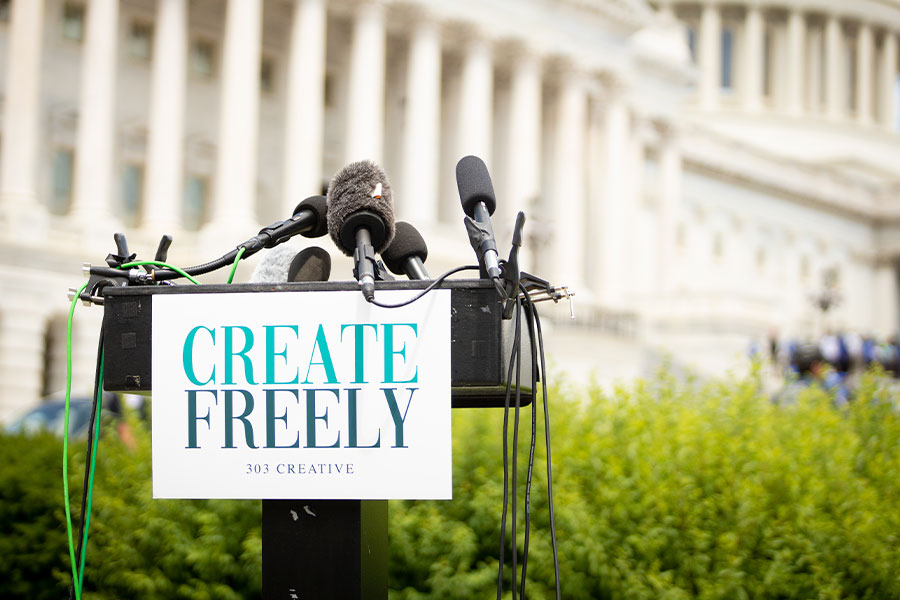
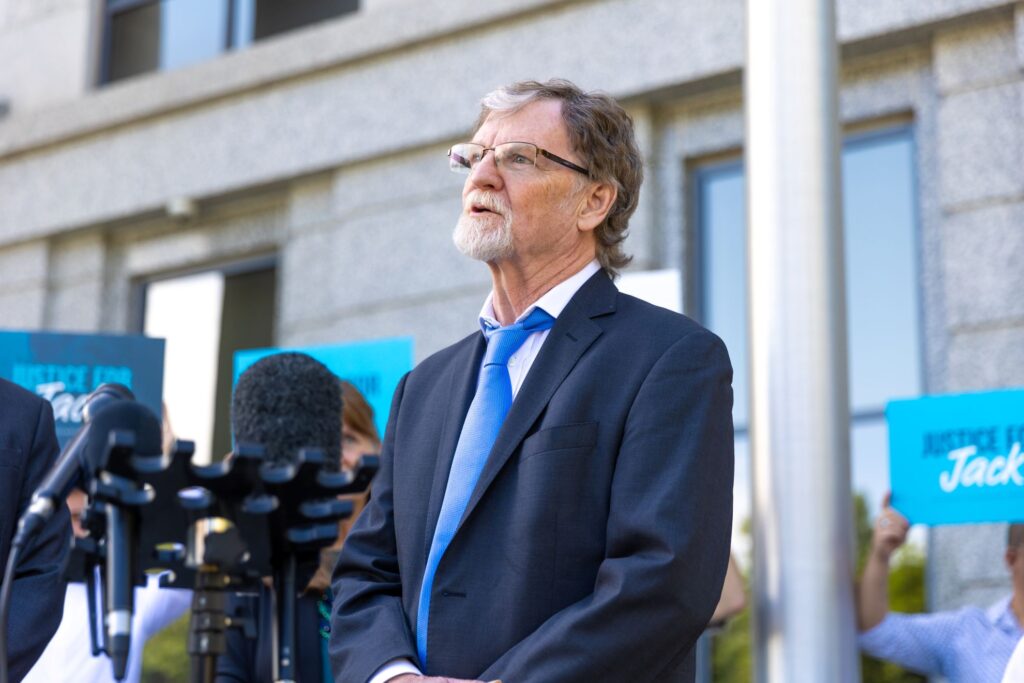
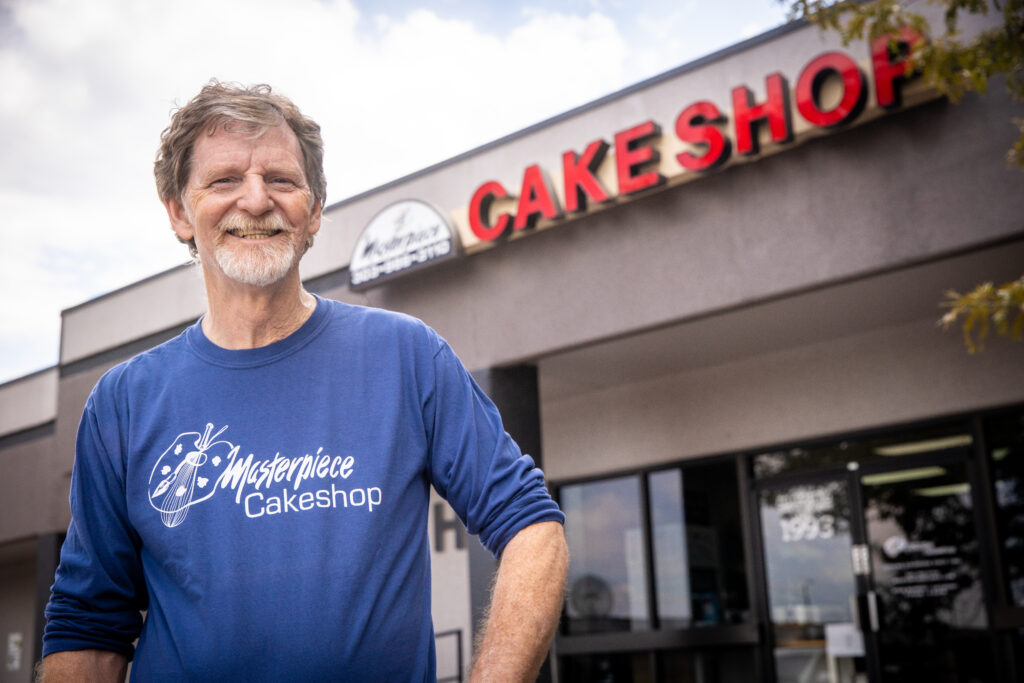

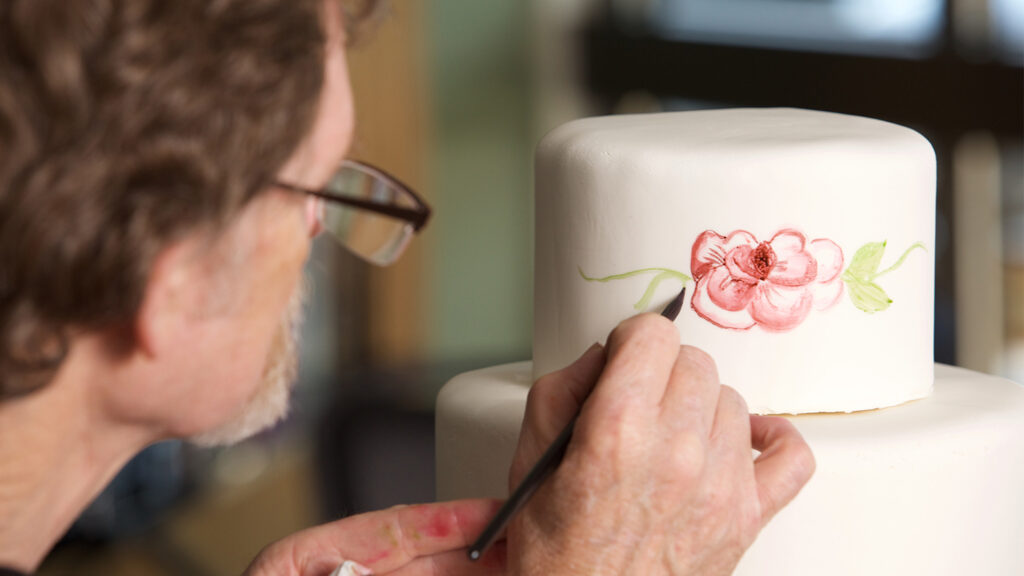

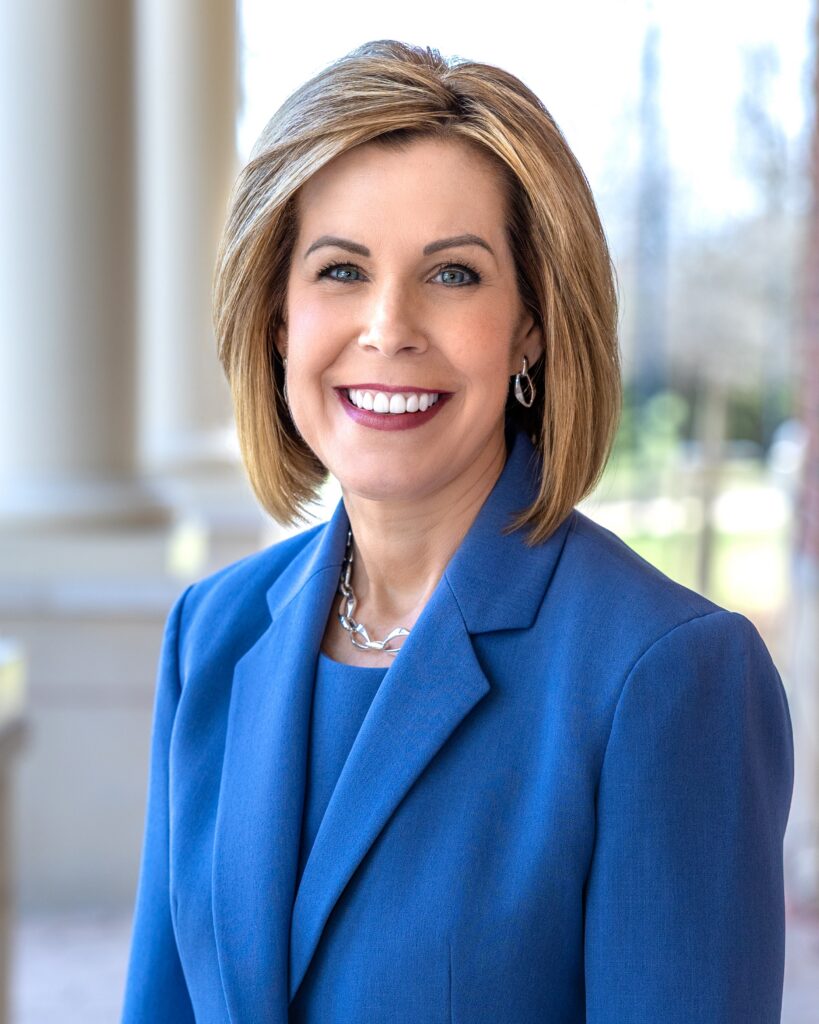
Commentary
Masterpiece Cakeshop owner Jack Phillips: How I became the face of ‘rights of conscience’ litigation in US | Fox News
Jack Phillips
May 17, 2021
Masterpiece Cakeshop and the Foundations of Free Speech and Toleration | Oxford Journal of Law and Religion | Oxford Academic
Tedesco, Jeremy D
October 10, 2020
Masterpiece Cakeshop owner Jack Phillips: Florist Barronelle Stutzman deserves another chance at justice | Fox News
Jack Phillips
January 16, 2020
Another Jack Phillips lawsuit demonstrates that persistence can be virtue or vice
James Gottry
July 23, 2019
How Masterpiece Cakeshop fell short
John Bursch
June 20, 2019
Federalist Society: Compelled Speech in Masterpiece Cakeshop: What the Supreme Court’s June 2018 Decisions Tell Us About the Unresolved Questions
Jim Campbell
September 24, 2018
Compelled speech in Masterpiece CakeshopWhat the Supreme Court’s June 2018 decisions tell us about the unresolved questions
Jim Campbell
September 24, 2018
I wish you knew Jack. I think you’d really like him
Jeremy Tedesco
June 28, 2018
Here’s why the florist and the baker aren’t like the Red Hen’s owner
Chris Potts
June 28, 2017
Opinion | The Supreme Court puts a baker’s business — and artistic freedom — on the line – The Washington Post
James Gottry
June 26, 2017
Arguments separating fashion designers from other artists aren’t worthy of the runway
Jim Campbell
January 23, 2017
Religious freedom under attack in Colorado
Samuel Green
October 12, 2016
Why I’m asking the U.S. Supreme Court to protect artistic freedom
Jack Phillips
July 22, 2016
Everyone should be able to have their First Amendment cake & eat it too (GUEST RESPONSE)
Jeremy Tedesco
January 29, 2015